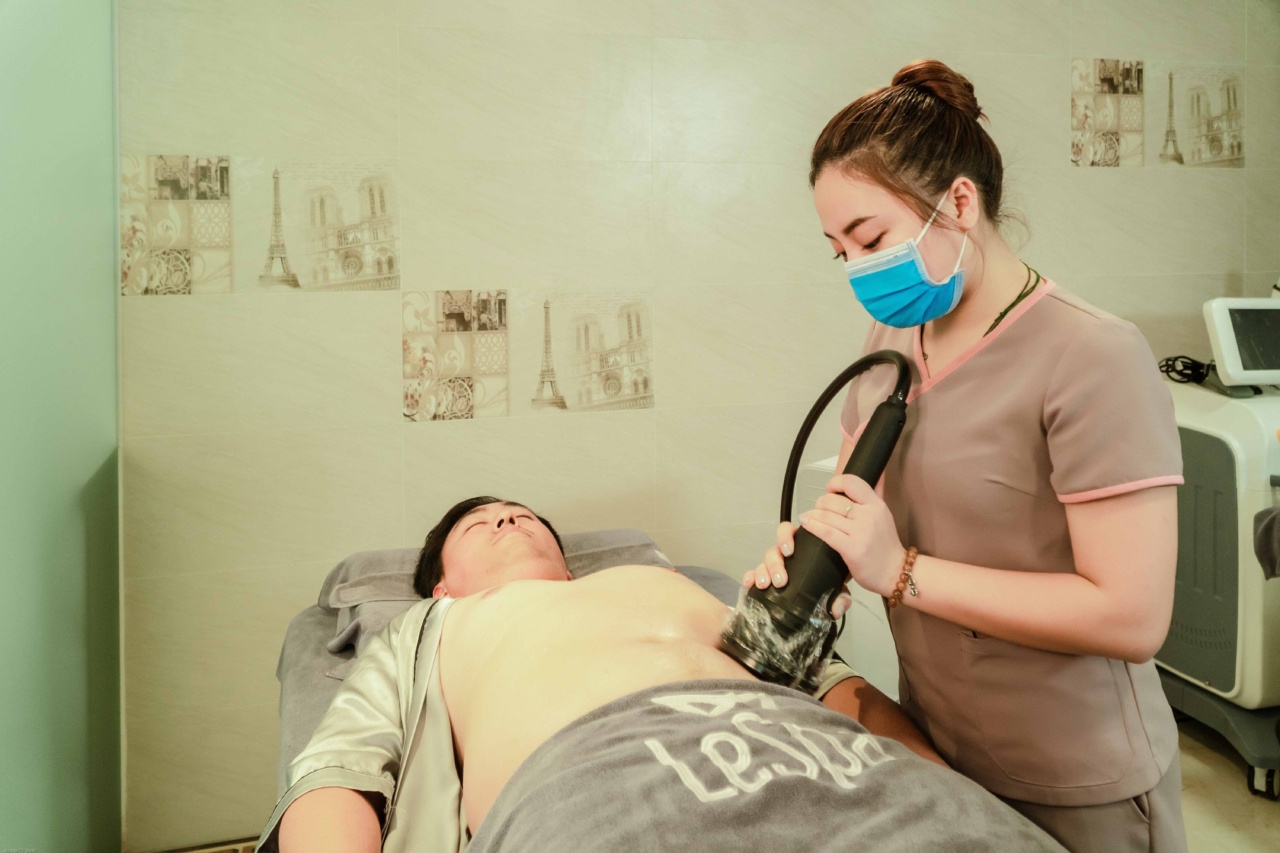Polycystic Ovary Syndrome (PCOS) is a hormonal disorder that affects women of reproductive age. It is characterized by enlarged ovaries that contain small cysts, hence the name.
PCOS affects approximately 10% of women globally, making it one of the most common endocrine disorders.
Causes of Polycystic Ovary Syndrome
The exact cause of PCOS is yet to be fully understood, but several factors contribute to its development:.
Hormonal Imbalance
PCOS is primarily caused by a hormonal imbalance in the body. Women with PCOS produce higher levels of androgens, which are male hormones.
These elevated androgen levels can disrupt the normal functioning of the ovaries and lead to the development of cysts.
Insulin Resistance
Insulin is a hormone that plays a crucial role in regulating blood sugar levels. Women with PCOS often have insulin resistance, which means their bodies have difficulty using insulin effectively.
This leads to increased insulin production, which in turn stimulates the ovaries to produce more androgens, exacerbating the hormonal imbalance.
Genetics
There is evidence to suggest that PCOS may have a genetic component. If a woman’s mother or sister has PCOS, her chances of developing the condition are significantly higher.
However, specific genes responsible for PCOS have not been identified yet.
Symptoms of Polycystic Ovary Syndrome
PCOS presents a wide range of symptoms, which can vary in severity. Common symptoms include:.
Irregular or Absent Menstrual Periods
Women with PCOS often experience irregular menstrual periods, or in some cases, they may not menstruate at all. This is due to hormonal imbalances affecting the regular ovulation process.
Excessive Hair Growth
Hirsutism, or excessive hair growth in typically male-pattern areas such as the face, chest, and back, is a common symptom of PCOS. This is caused by the elevated levels of androgens in the body.
Acne and Oily Skin
The increased androgen levels can also lead to acne breakouts and oily skin in women with PCOS.
Weight Gain
Many women with PCOS struggle with weight gain or find it challenging to lose weight. This is linked to insulin resistance and hormonal imbalances.
Treatment of Polycystic Ovary Syndrome
While there is no cure for PCOS, its symptoms can be managed effectively through various treatment approaches:.
Lifestyle Modifications
Healthy lifestyle changes, including regular exercise and a balanced diet, can go a long way in managing PCOS symptoms.
Weight loss, even as little as 5-10% of total body weight, can significantly improve hormone levels and restore regular menstrual cycles.
Medications
Medical intervention may be necessary to regulate menstrual cycles, reduce excessive hair growth, and treat acne. Birth control pills are commonly prescribed to regulate hormones, while anti-androgens can help control hirsutism.
Assisted Reproduction
For women with PCOS trying to conceive, fertility treatments such as ovarian stimulation and in vitro fertilization (IVF) can increase the chances of pregnancy.
Surgery
In some cases, a surgical procedure called ovarian drilling may be recommended. This involves making small holes in the ovaries using lasers or heat to stimulate ovulation and improve fertility.
Counseling and Support
PCOS can have a significant emotional impact on women due to the associated symptoms and potential fertility challenges. Counseling and support groups can provide emotional support and guidance for managing the condition.
Conclusion
Polycystic Ovary Syndrome is a common hormonal disorder affecting women of reproductive age. While its exact cause remains unknown, hormonal imbalances, insulin resistance, and genetics are believed to contribute to its development.
Effective management of PCOS involves lifestyle modifications, medications, assisted reproduction techniques, surgery, and emotional support. By addressing the symptoms and underlying hormonal imbalances, women with PCOS can lead fulfilling lives and improve their chances of conception.



























